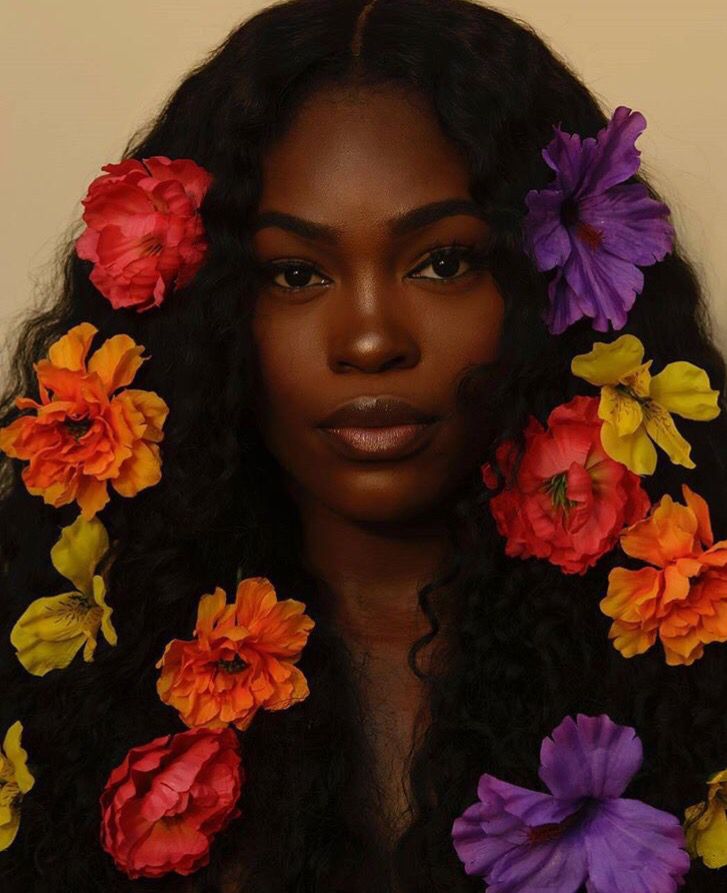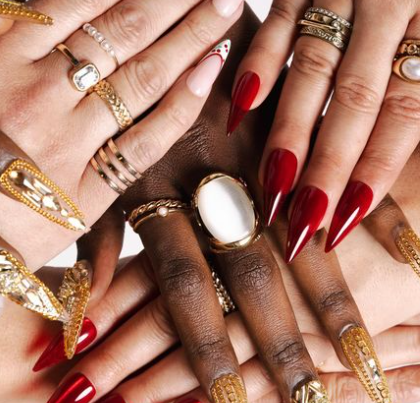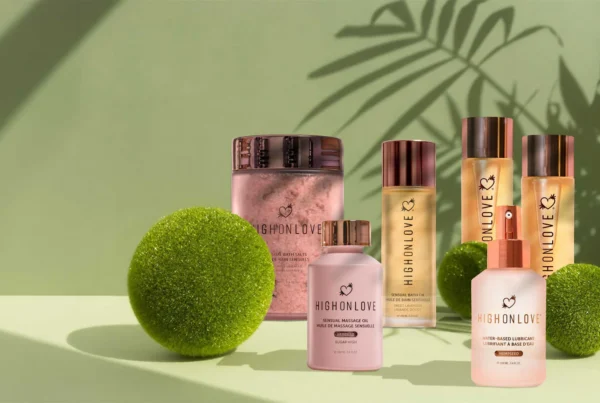The beauty industry continues to gear towards becoming a space of freedom, inclusivity, and equality. Since the recent events have shocked the nations into action, the industry has come together to deliver change. We need to address concerns head-on, face ugly truths, and continue pushing for change, To keep going.
It’s official. We’re in the moment of life-changing history. The world has spoken and its cry for a reset has opened the eyes of many regarding racism and discrimination against the Black community. Within this reach for solidarity, beauty brands have rallied together to show their support, donate, raise awareness, and demand changes that need to be made from the inside out. An example of support is Glossier’s CEO Emily Weiss, who stated the company would be donating $500k in the form of grants to black-owned beauty businesses. Other brands such as Anastasia Beverly Hills ($1 million), Colourpop ($500,000), Honest Beauty ($100,00), Biossance ($100,000), and others have all come forward and contributed to causes that will help the Black community.
While brands are coming together to show solidarity with Black Lives Matter, the Black community has also come together to hold these brands accountable to their messages and actions. Sharon Chuter, the founder of Uoma Beauty, created Pull Up for Change, or Pull Up or Shut Up, a direct-action movement that requests brands “to publicly release within the next 72 hours the number of black employees they have in their organizations. You all have statements and policies about equal opportunity employers, so show us the proof.” In response, many cult beauty brands have come forward to share their numbers and open their books on diversity.
Tarte Cosmetics revealed their team is 6% Black and 5% of their leadership team is Black. Milk Makeup shared that with 45 team members only 4 employees are Black with no Black team members at executive levels. Glossier stated that they don’t have any Black colleagues in leadership positions and L’Oréal identified only 9% Black employees, with 7% in the head office and 8% in executive roles. What this transparency shows is there is a change that is needed from many beauty brands within the industry.
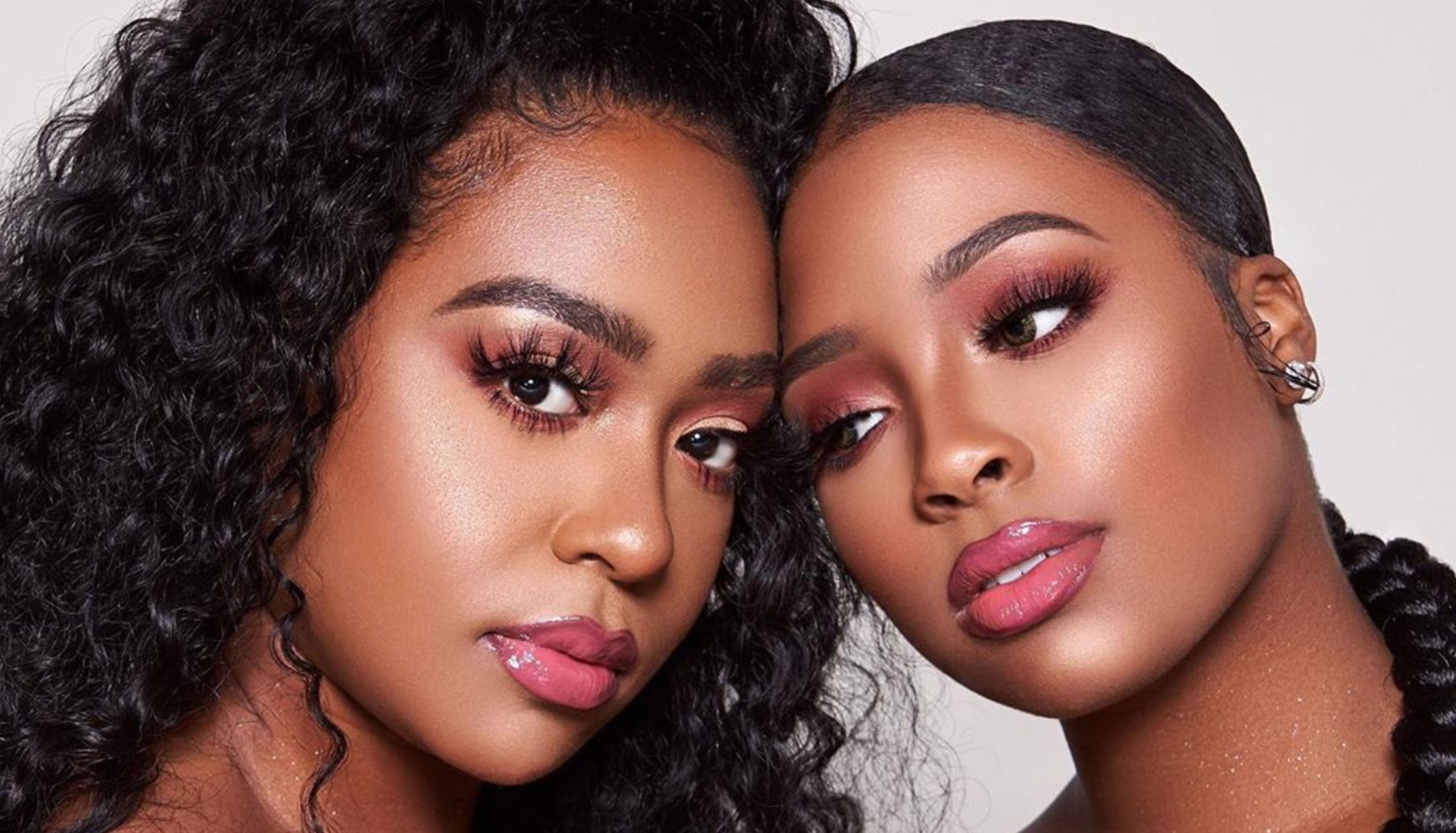 We Need to Feature and Follow Black Creators,
We Need to Feature and Follow Black Creators,
Another way to support the black community going forward is for brands to respectfully, enthusiastically, and authentically work with black influencers, content creators, writers, videographers, industry specialists. For the world to believe a brand’s message of solidarity and support, the brand first needs to have a conversation around the table and ask the questions: How diverse are we? Who are the people we work with and showcase? Do we treat our talent pool fairly in terms of rights and payments? As we think through this moment, we must begin to ask brands “Where are the black creators?” to enforce the need for visibility and opportunity for black creators. This is how we will generate a more inclusive theme for the influencer community.
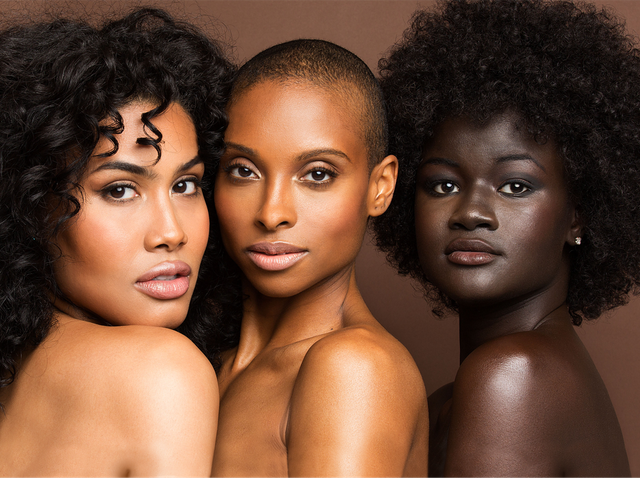 We need to invest and support Black-Owned Brands and Businesses,
We need to invest and support Black-Owned Brands and Businesses,
All of this begs to question, where does that leave us today and moving forward? The answer is clear and simple: invest and support. The beauty industry must invest in Black beauty brands, Black creators, influencers, and industry professionals. The fight for change starts now to spur real change.
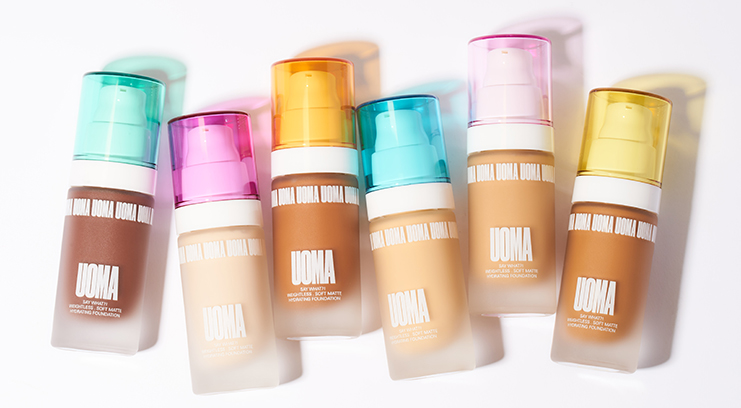 We need to stock more black-owned brands in stores,
We need to stock more black-owned brands in stores,
Going further in the world’s efforts for a permanent change, our drugstore and beauty retailers must invest and buy into Black businesses. Encouraging more Black businesses on the shelves, Brother Vellies founder Aurora James issued a call for leading corporations to pledge that at least 15% of their products sold come from black-owned businesses. Sephora is one of the first brands to join Aurora Jame’s 15% pledge.
For the beauty industry to truly change, we must take the purposeful steps to look inwards, make permanent changes in our beliefs and structures, and include the Black community on the main stage.


